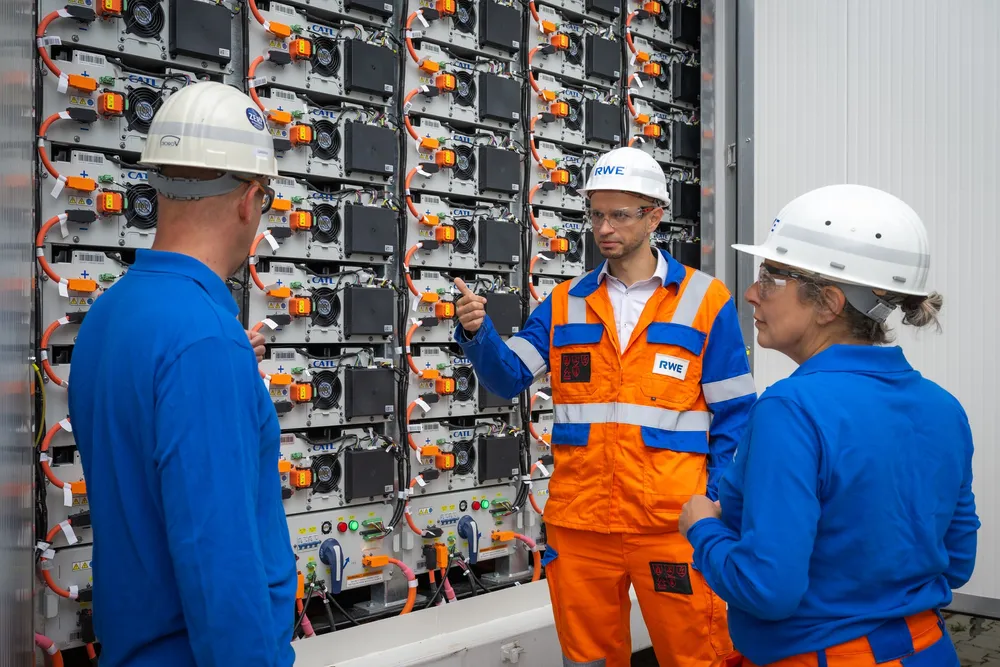Germany scrambling for thousands of workers to keep Energiewende ticking
Employers in energy technology and electrical engineering today already face lengthy search times for qualified staff, Institute for Employment Research says

It is increasingly difficult to recruit qualified workers for Germany’s Energiewende – its transition from nuclear and fossil to renewable energies – while demand will only increase in coming years, new figures by the Institute for Employment Research (IAB) show.
Implementing the energy transition will require some 157,000 additional workers by 2030 and 102,000 by 2040, according to IAB model calculations. A further 40,000 workers will be needed by 2030 and 2040, respectively, to address the impacts of climate change and implement adaptation measures.
“We must recruit the available workforce and also train and educate them in such a way that the labour potential from shrinking economic sectors is utilised in the best possible way,” IAB researcher Christian Schneemann said.
The institute projects it will be more and more difficult to recruit qualified workers in many occupational groups that are key to the implementation of the Energiewende.
The labour market is already extremely tight in several areas, with employers in ‘energy technology’ needing 112 days to recruit new staff, in ‘electrical engineering’ 114 days, while search times for workers in ‘building construction’ and ‘natural stone, mineral and building materials production’ are not far behind.
The potential shortage of energy transition workers comes although unemployment in general in Germany is rising after three years of economic stagnation, reaching 6.3% in July according to the country’s statistics institute Destatis.
The IAB recommends promoting career choices in the natural sciences and mathematics sector, such as in civil, electrical, or energy engineering – as well as encouraging labour immigration, facilitating the recognition of qualifications acquired abroad, reducing dropout rates, and increasing labour force participation among women and older adults.
The IAB bases its analysis on its QuBe project, which researches the labour market effects of the energy transition, climate change, and the necessary adaptation measures on future labour demand up to 2040.
(Copyright)